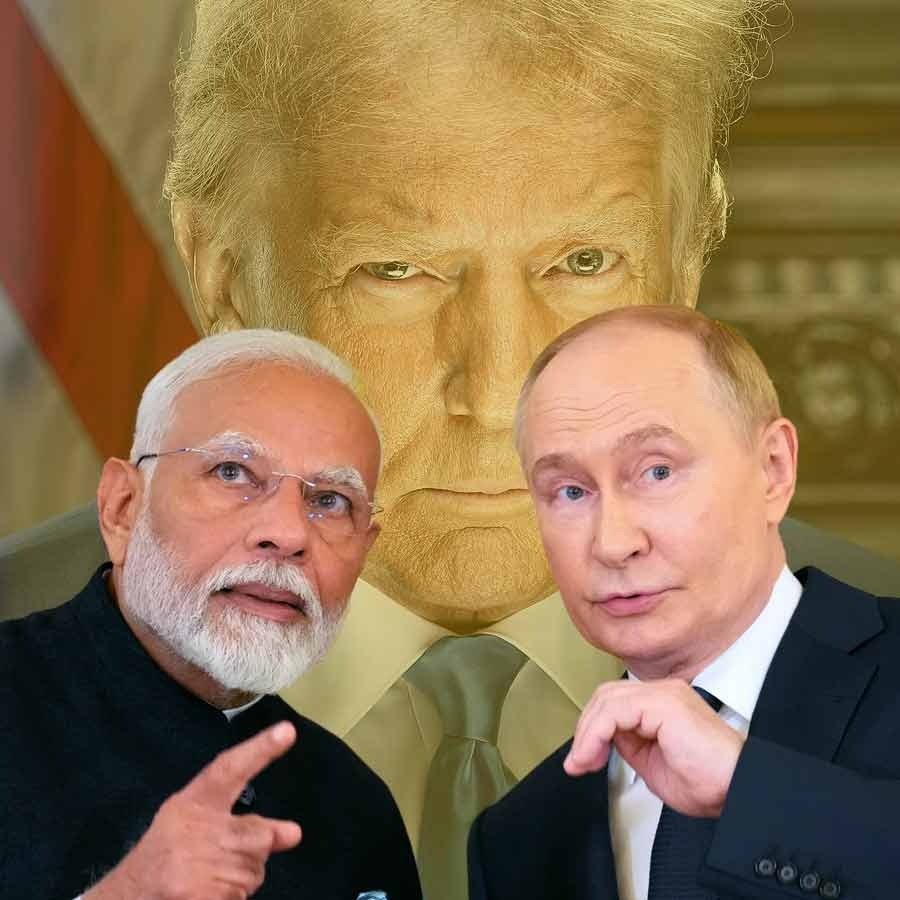
U.S. President Donald Trump has stirred controversy by warning that India may face consequences for continuing to import oil and weapons from Russia. His recent remarks suggest growing American dissatisfaction with India-Russia trade ties, especially in the energy sector. While the Indian government has not issued any formal response, Trump’s statements have fueled speculation about a possible policy shift in New Delhi.
Trump’s Remarks Spark Debate
Speaking on Saturday morning (IST), Trump claimed to have heard that India had stopped purchasing Russian oil—a move he welcomed as “a good decision.” However, current trade data and official statements do not confirm any such development.
India’s Reliance on Russian Oil
Following Russia’s invasion of Ukraine and subsequent Western sanctions, Moscow began offering oil at significant discounts to maintain its revenue streams. India seized this opportunity, significantly increasing its imports of Russian crude. In just a few years, Russian oil’s share in India’s total imports surged from 0.2% to nearly 35%, making Russia one of India’s top energy suppliers. As the world’s third-largest oil importer, India prioritized cost-effectiveness, using discounted oil to manage inflation and reduce its import bill.
According to the Centre for Research on Energy and Clean Air (CREA), since the onset of the Ukraine conflict, India has purchased 38% of Russia’s oil exports, second only to China (47%). Despite Western sanctions, even the European Union accounted for 6% of Russian oil purchases during this period.
The Price Advantage
Thanks to sanctions, Russia has been selling oil at nearly $40 per barrel lower than the global market price, equivalent to approximately ₹3,500 per barrel in Indian currency. This discount has been vital in helping India manage domestic fuel prices and inflation.
What Are the Alternatives?
If India is compelled to scale back or halt Russian oil imports, potential alternative suppliers include:
Saudi Arabia
Iraq
United Arab Emirates
United States
Nigeria
However, oil from these countries is typically more expensive. Switching away from Russian crude could lead to a significant increase in India’s energy import costs, potentially driving up fuel prices domestically.
What Lies Ahead?
India’s future oil strategy will likely hinge on balancing geopolitical pressures with economic priorities. While U.S. expectations may play a role in policy decisions, India has historically emphasized strategic autonomy in foreign relations. With no official confirmation of a shift in its oil import policy, India appears to be treading carefully, navigating global alliances while protecting its economic interests.
